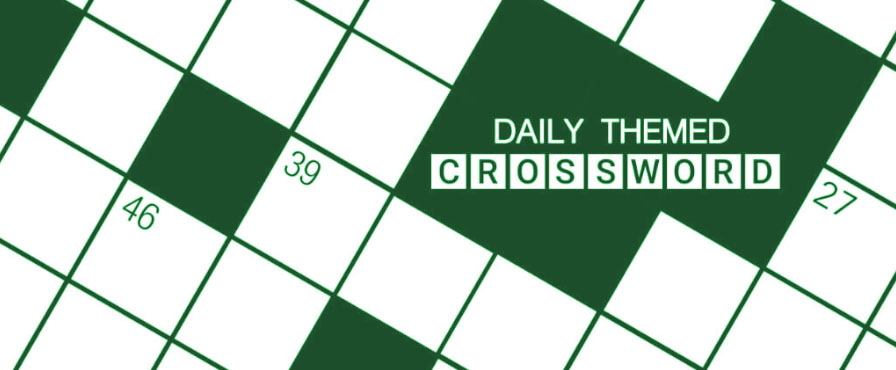
In late 2017, PlaySimple attracted $4.5 million in capital. As if that wasn’t impressive enough, consider this – it was valued at $16 million. Looking back on it, that was considered a satisfactory amount in the game developer’s local currency (rupees), and it’s what CEO Siddharth Jain deemed a reasonable excuse to begin scaling up his business.
Right at the outset, PlaySimple’s co-founders were crystal clear on their goal – to build one of the greatest global companies out there.
Jain further added that the firm’s “secret sauce” is what helped to lay the business’s strong foundation early on. All four of the co-founders had specifically relevant strengths. Their people skills, product design, and engineering expertise, alongside their fluency in finance and sales all helped add to a powerhouse of a firm.
With international markets as their focus, one of the founders knew exactly where to start. Building a successful product meant doing so on a global level, and this translated to doing so in India as well.
In order to obtain a 100% interest in the firm’s assets, MTG agreed to pay $350 million cash & equity, with an additional $160 million in payouts dependent on performance. In return, PlaySimple’s investors will take their leave and the founders will be left with a piece of MTG’s equity.
According to Jain, after the acquisition is finalized, PlaySimple’s board members will change. But this is actually good news because it means they’d still have an opportunity to engage with MTG. It also opens up the door to growth in learning from the group’s numerous entrepreneurs.
Up next for PlaySimple: (a) enhancing its portfolio of crossword games in order to maintain its leadership role in the genre, (b) increasing its profit margins, and (c) giving birth to additional genres. According to Jain, first on their plate of games is Solitaire.
At the moment, the company is home to approximately 200 employees and foresees a continued hiring effort for key roles.